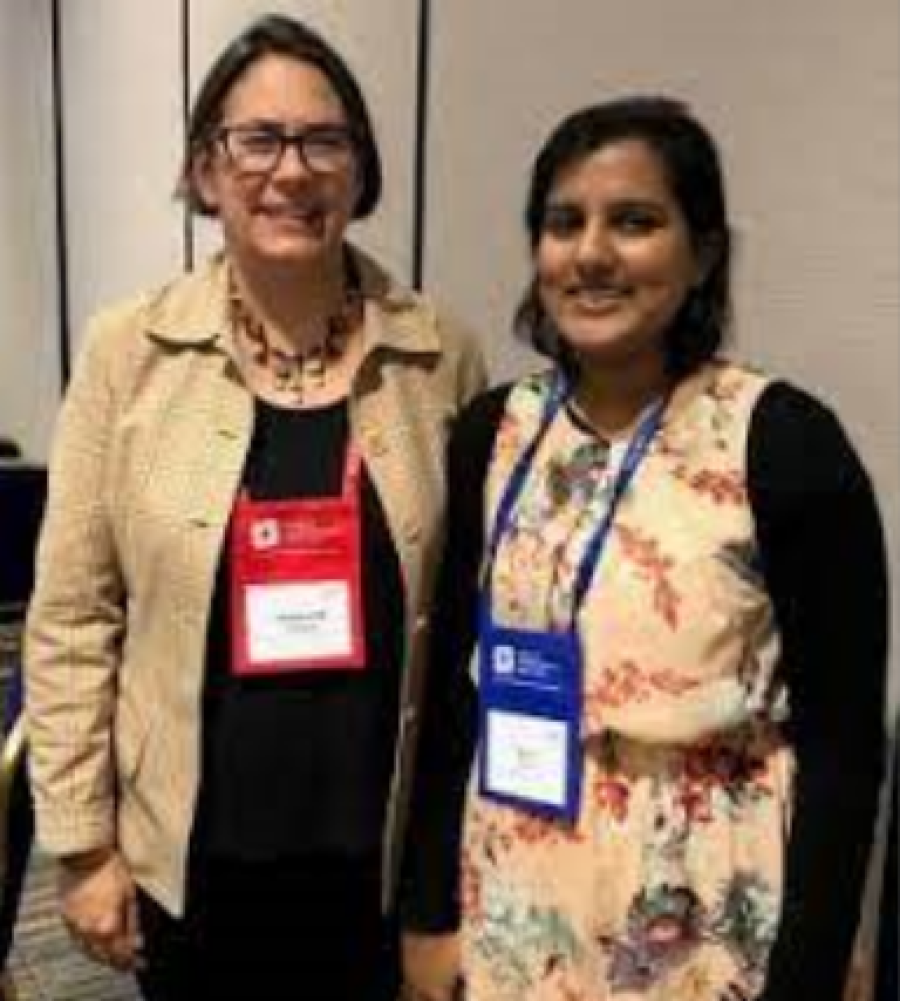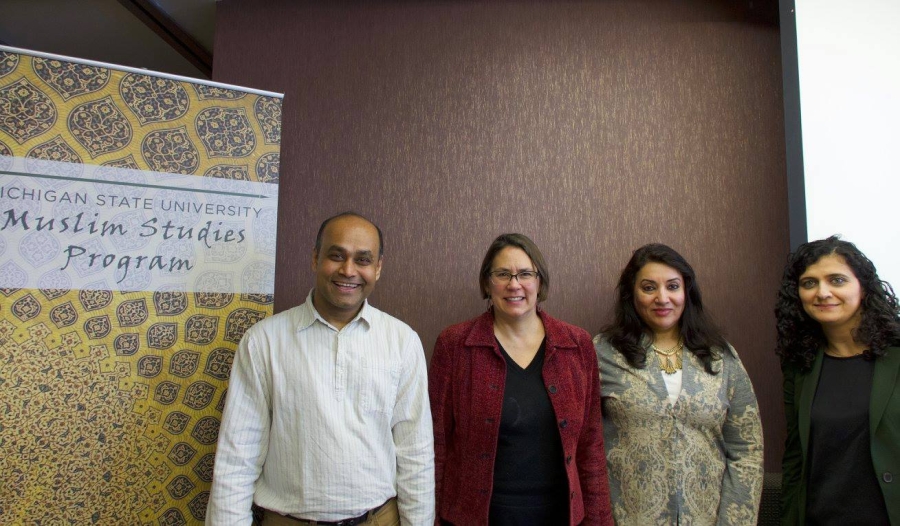
Chantal Tetreault, Ph.D.
Dr. Chantal Tetreault is an Associate Professor in the Department of Anthropology at Michigan State University. She is a linguistic and cultural anthropologist whose recent work has primarily focused on issues of migration and social change in France. Dr. Tetreault’s current project addresses the interactional styles whereby French adolescents of Algerian descent construct and express their emergent identities as Arab Muslims and French youth. More generally, her research illuminates how cultural processes of identity construction, primarily relating to gender and ethnicity, are achieved through everyday language use. Professor Tetreault’s publications and teaching both challenge naturalized assumptions about the link between identity and language, thereby contributing to new scholarship in linguistic anthropology that rejects the previously common pattern of equating cultural groups and particular language styles. The larger theoretical and cultural issues of Dr. Tetreault’s work deal with globalization and the process of charting new social identities as they emerge in innovative linguistic forms. A main focus of this intellectual project concerns discovering and describing the processes whereby the ideological underpinnings of social identities are constructed and taken apart in everyday interaction. For example, Dr. Tetreault analyzes instances of “crossing,” that is, when individuals adopt and transform linguistic styles that are normally ascribed to a group to which they are not granted membership. Research on crossing holds a central theoretical place in current linguistic anthropological research because it provides a way to explore how linguistic and cultural forms come to take on particular social meanings as well as how they are challenged on ideological grounds.

Dr. Tetreault and Sara Tahir attending the AAA after their paper presentation, November 2017
Researching Anti-Muslim Sentiment Effects on Women
Since the terrorist attacks on 9/11, Muslim Americans have been the focus of increased scrutiny and surveillance. More recently, however, the period since and leading up to the American presidential election shows that: 1) anti-Muslim hate crimes are on the rise, according to FBI data and 2) anti-Muslim public discourse and everyday aggression are coalescing against Muslim women, and especially hijabis or women wearing headscarves. Meanwhile, in France, a similar pattern has emerged in the public targeting of Muslims, and especially hijabi women. As a New York Times article notes, in recent years in France “80 percent of the anti-Muslim acts involving violence and assault were directed at women, most of them veiled.”
Dr. Tetreault is partnering with Dr. Farha Abbasi (Psychiatry, MSU) and Sara Tahir (2nd year graduate student in Anthropology) to investigate how Muslim women in the United States and France are responding comparatively to an apparent rise in gendered Islamophobia in each context. This research is urgent because women’s responses to anti-Muslim sentiment in a post-election moment constitute ephemeral data. Among other outcomes, they document that women’s self-conscious but fraught choices remain true to oneself and one’s religion, despite becoming a target for racist or Islamophobic violence. They also seek to understand how intersecting identities such as ethnicity/race, immigrant status, age, and other factors play a role in how individual Muslim women are experiencing these shifts in French and U.S. political climates.
Read the full article here.
Muslim Studies Program presents a Panel on Macron and Islam
Panelists:
4:20 Mayanthi Fernando (UCSC)
21:00 Ebrahim Moosa (Notre Dame)
43:29 Chantal Tetreault (MSU) "Macron's Double Discourse & Islamo-linguistic-phobia in France"
1:02:22 Q&A Moderator: Mohammad Khalil (MSU Muslim Studies Program Director)
Michigan State University

2017 Muslim Studies Program Core Faculty Panel featuring Monir Moniruzzaman (Anthropology), Linda Sayed (Madison College), and Chantal Tetreault (Anthropology)